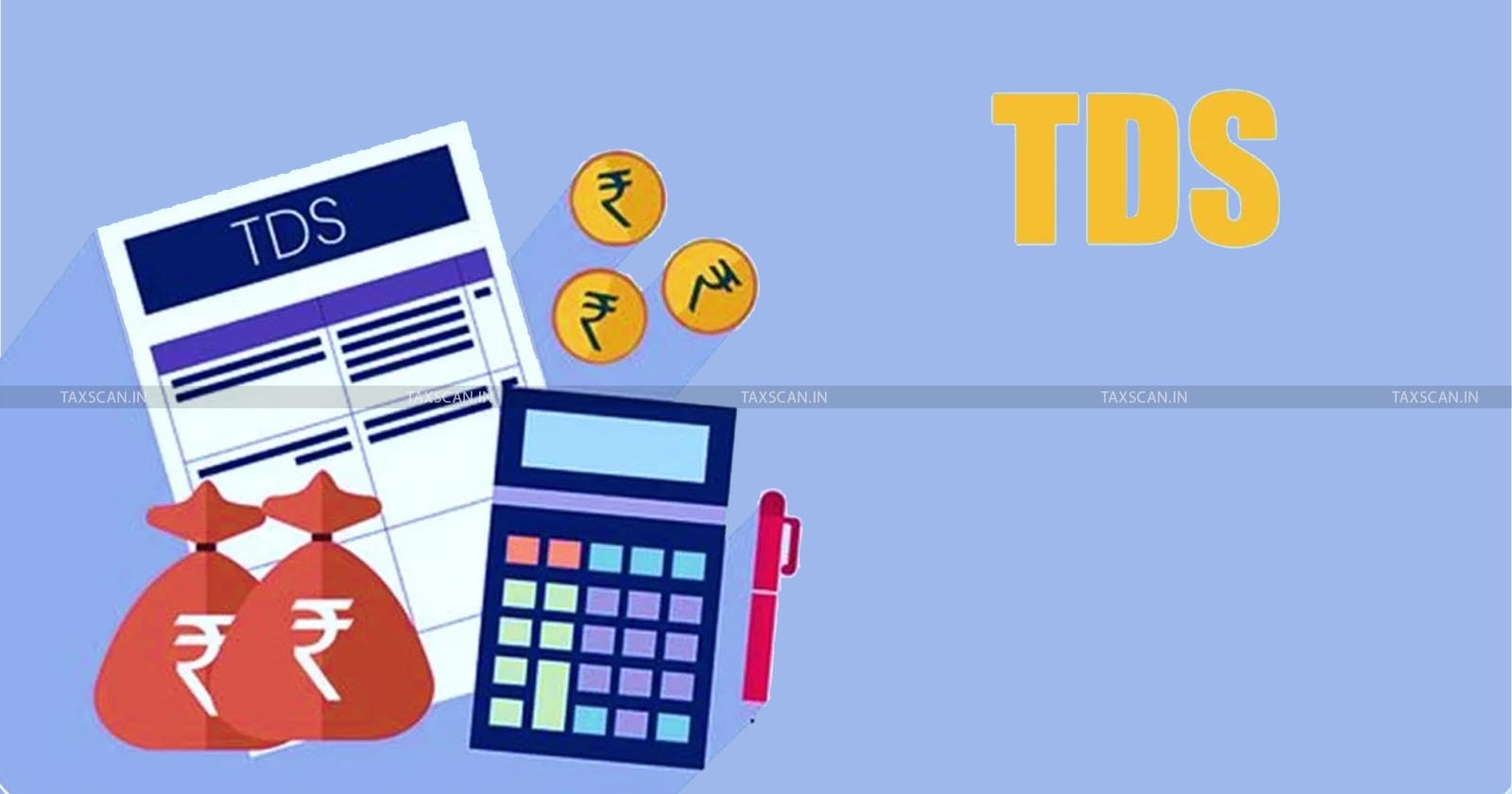PCIT cannot use Suo Motu Revisional Power u/s 263 if AO has Allowed Deductions after Investigation: Kerala HC grants Relief to Apollo Tyres [Read Order]
It was noted that the Assessing Officer had already made due inquiry before allowing the deduction claims that were contested by the PCIT before the ITAT
![PCIT cannot use Suo Motu Revisional Power u/s 263 if AO has Allowed Deductions after Investigation: Kerala HC grants Relief to Apollo Tyres [Read Order] PCIT cannot use Suo Motu Revisional Power u/s 263 if AO has Allowed Deductions after Investigation: Kerala HC grants Relief to Apollo Tyres [Read Order]](https://images.taxscan.in/h-upload/2025/11/06/2102753-pcit-suo-motu-revisional-power-apollo-tyres-relief-to-apollo-tyres-taxscan.webp)
The Kerala High Court recently granted relief to Apollo Tyres, holding that the Principal Commissioner of Income Tax (PCIT) cannot invoke suo motu revisional powers under Section 263 of the Income Tax Act, 1961 to contest deductions claimed by an assessee when it is certain that the Assessing Officer (AO) has examined and allowed the deduction claims after due investigation.
The facts of the instant case arise from an income tax deduction claimed by M/s. Apollo Tyres Ltd. under Section 32AC of the Income Tax Act for new assets acquired and installed during the financial year (F.Y.) 2013-14, relevant to the assessment year (A.Y.) 2014-15.
The AO sought detailed clarifications on the claim through letters dated December 12 and 15, 2017, to which the assessee duly responded. Upon satisfaction, the AO accepted the claim and passed the assessment order on October 23, 2018.
Subsequently, the Principal Commissioner of Income Tax (PCIT) invoked his revisional jurisdiction under Section 263, alleging that a major portion of the assets purchased was prior to April 1, 2013 and that the AO had failed to notice the same while granting the deduction to Apollo Tyres.
Understanding Common Mode of Tax Evasion with Practical Scenarios, Click Here
Rejecting the assessee’s explanations, the PCIT concluded that the AO had wrongly applied the law and had not properly investigated the claim, and thus set aside the assessment order for de novo examination. The Income Tax Appellate Tribunal (ITAT), Cochin Bench, upheld the order of the PCIT, leading to this present appeal before the High Court.
 Also Read:Kerala HC Stays Collection of GST on Health Insurance Premiums for Union Bank Retirees [Read Order]
Also Read:Kerala HC Stays Collection of GST on Health Insurance Premiums for Union Bank Retirees [Read Order]
Abraham Joseph Markos, V.Abraham Markos, Isaac Thomas, Alexander Joseph Markos John Vithayathil and P.G.Chandapillai Abraham appeared for the appellant-assessee while Standing Counsel Jose Joseph represented the Revenue department.
The Division Bench comprising Justice A. Muhamed Mustaque and Justice Harisankar V. Menon noted that two primary issues arose for its adjudication - whether the Appellate Tribunal was justified in upholding the Commissioner’s invocation of revisional jurisdiction under Section 263 of the Income Tax Act; and whether there was any material to support the Tribunal’s finding that the AO had failed to conduct proper inquiry before allowing the deduction.
The High Court observed that Section 263 empowers the Commissioner to revise orders that are both “erroneous” and “prejudicial to the interests of the revenue.”
Reference was made to the Supreme Court decision in PCIT v. V-con Integrated Solutions Pvt. Ltd. (2025), wherein the apex Court noted that the power under section 263 of the Income Tax Act can be exercised by the Commissioner, “but only by going into the merits and making an addition, and not by way of a remand, recording that there was failure to investigate.”
Understanding Common Mode of Tax Evasion with Practical Scenarios, Click Here
Accordingly, the High Court held that the ITAT erred in confirming the revisional action by the PCIT. Accordingly, the order of the Tribunal was set aside, and the matter was remitted to the PCIT for fresh consideration in accordance with law, after providing the assessee with an opportunity of being heard.
 Also Read:Kerala HC Affirms S 263 Order citing Assessing Officer's Failure to Adjudicate on 'Slump Sale' [Read Order]
Also Read:Kerala HC Affirms S 263 Order citing Assessing Officer's Failure to Adjudicate on 'Slump Sale' [Read Order]
The Court further observed that the revisional authority has the liberty to examine the applicability of the proviso to Section 32AC(1A), which was introduced by the Finance Act, 2016 with prospective effect and therefore may not apply to the relevant assessment year.
The assessee contended that the amendment was clarificatory and should operate retrospectively; however, since the revisional authority had not addressed this aspect, the Bench chose not to record any finding on it.
Support our journalism by subscribing to Taxscan premium. Follow us on Telegram for quick updates



